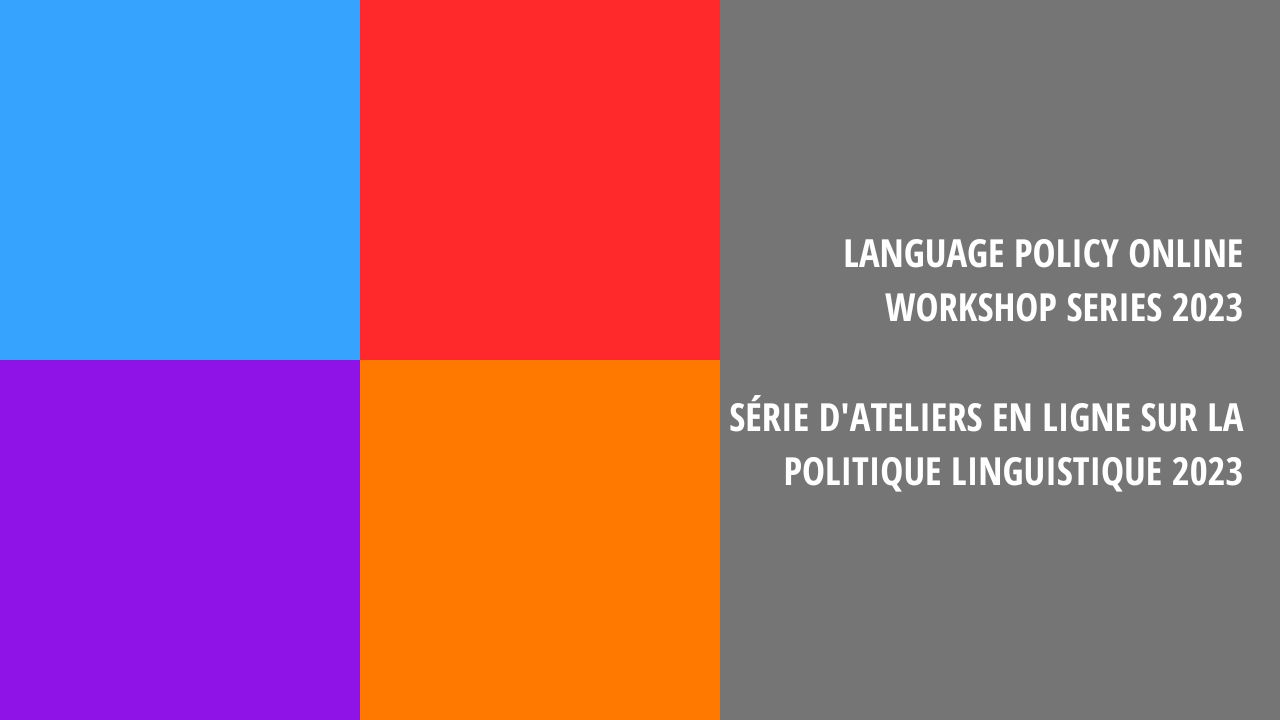The fourth workshop of CEFR Online Workshop Series 2023 entitled "Digital post-Covid: what have we learnt?" took place on 4 May and 8 June 2023.
Research into the way language educators and language learners experienced the COVID-19 emergency suggests that teachers and students might have become more receptive to the concept of action-oriented and collaborative (digitally mediated) activities as a means to provide more dynamic learning environments and so bolster student engagement. An important point of reference when creating hybrid and blended learning opportunities is the CEFRCV with its descriptive scheme highlighting action orientation, social and digital agency, and mediation as key to successful language education.
This webinar discussed the above and invited participants to reflect on how hybrid teaching and learning settings geared at fostering more flexibility in language education can be created and put into practice. Aspects discussed were how to choose methods that fit given learning spaces, how to use and combine a variety of learning spaces, including but also going beyond the traditional classroom, and how to appropriately exploit a variety of tools and resources, while managing the resulting diversity of learning spaces and interactions.
The workshop was facilitated by Bernd Rüschoff and Aline Germain-Rutherford.
Prof. Dr. Bernd Rüschoff is senior professor (ret.) in didactics and applied linguistics at the Institute for Anglophone Studies at the University of Duisburg-Essen. He has a special research focus on technology-enhanced learning systems and has over the past decades participated in many national and international projects dealing with the development and assessment of digital tools and multi-media resources in language learning. In addition, his research addresses a wide range of issues in the field of applied linguistics, such as language & culture, plurilingual education, CLIL, as well as the implementation of the CEFR and competency-oriented principles in language learning. He has been involved in many European Union projects and contributed to various Council of Europe activities and is a former president of AILA, the International.Association for Applied Linguistics. On behalf of AILA, he is a member of the Professional Network Forum, a think tank of the Council of Europe’s ECML (European Centre for Modern Languages) as well as a member of the CoE’s CEFR expert group.
Dr. Aline Germain-Rutherford is Vice Provost for Academic Affairs at the University of Ottawa and a full professor in the Faculty of Education. She is also an adjunct professor at Charles University in Prague. Her research interests include faculty development, speech technologies, plurilingualism and pluriculturalism in language teaching, and the design of culturally inclusive online and hybrid learning environments. Since 2008 she has been a member of a team of researchers and trainers of the European Centre for Modern Languages (ECML) for professional development on technology integration for language teachers. She is a recipient of the National 3M Award, a Canadian award that recognises excellence and leadership in higher education.
Download Handout 1: Note to participants
Download Handout 2: Task
Download Handout 3: Blended learning rubric
Download Handout 4: Technology integration matrix
Download the Presentation.






